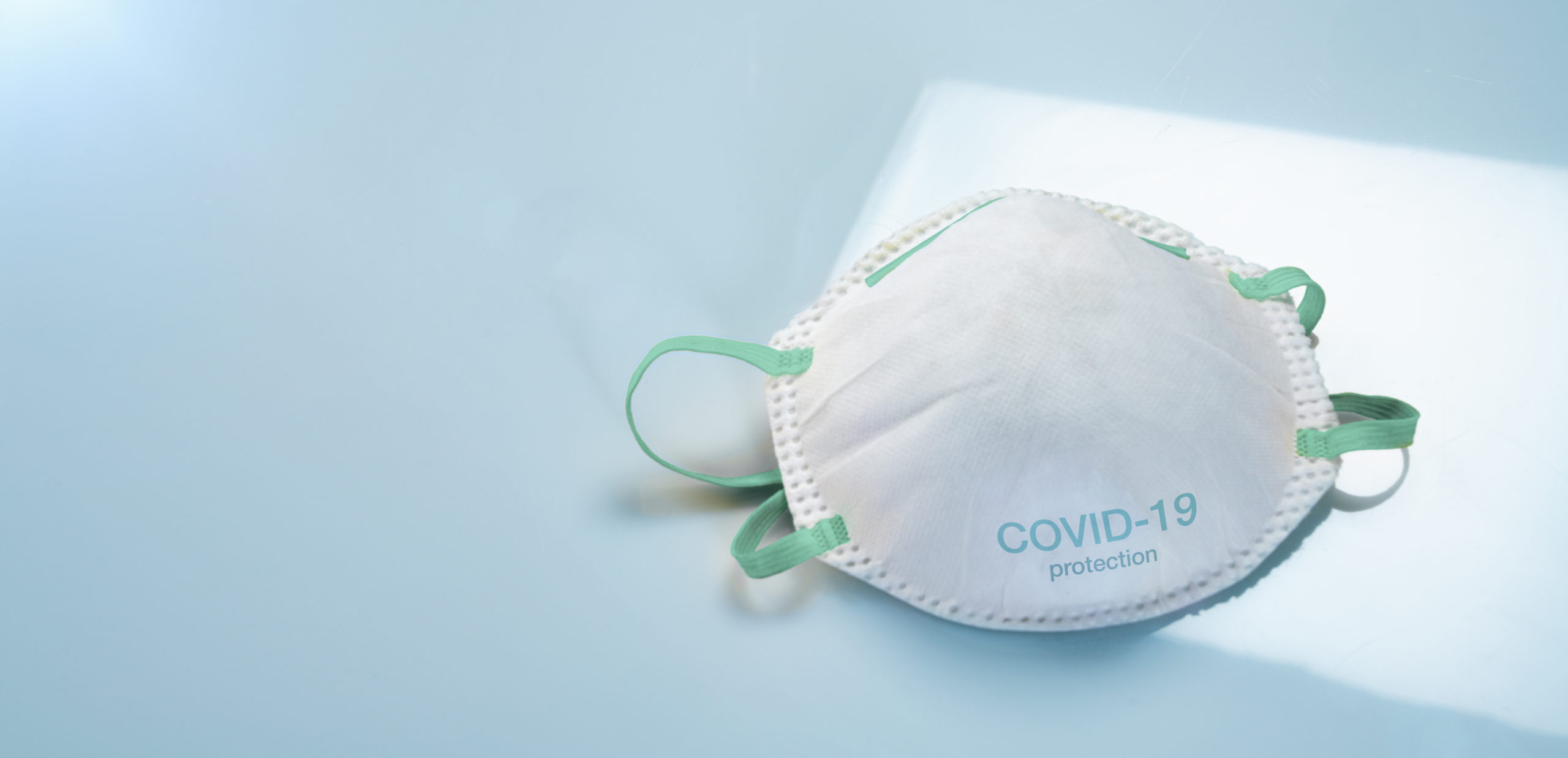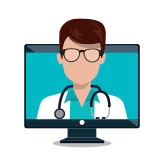
Q: What is the Coronavirus disease 2019?
A: Coronavirus disease 2019 (COVID-19) is a respiratory illness that can spread from person to person. The virus that causes COVID-19 is a novel coronavirus that was first identified during an investigation into an outbreak in Wuhan, China. It has escalated and continues to infect people around the world. The CDC has been monitoring it since its origin and continues to update information for the public.
Q: What are the symptoms of COVID-19?
A: COVID-19 has similar symptoms like the flu and common colds, but patients mainly report having mild to severe respiratory illness that may lead to severe illness or death. The symptoms of this Coronavirus may typically appear 2-14 days after exposure.
Symptoms of COVID-19 can be:
- Fever
- Cough
- Congestion
- Shortness of breath
Call your healthcare professional if you develop symptoms, and have been in close contact with a person known to have COVID-19 or if you have recently traveled from an area widespread or ongoing community spread of COVID-19.
Q: Is COVID-19 contagious?
A: Yes it is very contagious.
Person-to-person spread:
The virus is thought to spread mainly from person-to-person.
- Between people who are in close contact with one another (within about 6 feet).
- Through respiratory droplets produced when an infected person coughs or sneezes.
These droplets can land in the mouths or noses of people who are nearby or possibly be inhaled into the lungs.
Spread from contact with infected surfaces or objects:
It may be possible that a person can get COVID-19 by touching a surface or object that has the virus on it and then touching their own mouth, nose, or possibly their eyes, but this is not thought to be the main way the virus spreads.
The virus that causes COVID-19 is spreading from person to person and the CDC has taken drastic measures to contain and limit those who are infected.
Q: What is the best way to avoid contracting Coronavirus?
The best way to prevent contracting Coronavirus is to avoid being exposed to the virus that causes COVID-19. There are simple everyday preventive actions to help prevent the spread of respiratory viruses. These include
- Avoid close contact with people who are sick.
- Avoid touching your eyes, nose, and mouth with unwashed hands.
- Wash your hands often with soap and water for at least 20 seconds. Use an alcohol-based hand sanitizer that contains at least 60% alcohol if soap and water are not available.
If you are sick, to keep from spreading respiratory illness to others, you should
- Stay home when you are sick.
- Cover your cough or sneeze with a tissue, then throw the tissue in the trash.
- Clean and disinfect frequently touched objects and surfaces.
Q: How do I keep myself and family safe from the Coronavirus?
We should use the following preventative measures to keep ourselves and our families safe:
- Wash your hands continuously throughout the day for at least 20 seconds with soap and water. Use an alcohol-based sanitizer with 60% alcohol if you’re out in public places and not near a bathroom.
- Avoid traveling to countries that have been affected by COVID-19
- Wash laundry thoroughly
- Avoid touching your eyes, nose and mouth with unwashed hands
- Avoid sharing household items if you have a loved one who has been infected with the virus
- Clean and disinfect frequently touched objects and surfaces using a regular household.
Q: How do you treat the Coronavirus?
There is no specific treatment for the Coronavirus. Some experimental treatments are being investigated and trialed in hospital settings. People with COVID-19 should receive supportive care to help relieve symptoms. They should also limit movement and contact with people and animals to avoid spreading the disease.
Q: Is there a test for Coronavirus in Michigan?
According to the CDC there is a diagnostic test that can identify the Coronavirus disease, but at this point it can only be conducted on high risk individuals. The Michigan Department of Public Health has received federal approval to run diagnostic testing for the coronavirus with the ability to turn results around in 24 hours of getting samples.
State and health departments who have identified a person under investigation (PUI) should immediately notify CDC’s Emergency Operations Center (EOC) to report the PUI and determine whether testing for COVID-19 is required.
At WellCare Urgent Care we have established a protocol to identify a PUI and report immediately to State of MI and local health departments along with closely working with CDC to expedite the testing process.
Q: Is there a vaccine for Coronavirus?
There is currently no vaccine to prevent Coronavirus disease 2019. The best way to prevent illness is to avoid being exposed to the virus that causes COVID-19.
Q: Should I wear a face mask?
The following is the CDC’s recommendations for using a face mask:
- The CDC does not recommend that people who are well wear a face mask to protect themselves from respiratory diseases, including COVID-19.
- Face masks should be used by people who show symptoms of COVID-19 to help prevent the spread of the disease to others.
Q: Will the Coronavirus reach Connecticut?
This is an evolving situation and the CDC will continue to provide updated information as it becomes available. The first COVID-19 case in the United states was reported on January 21, 2020 and the number has grown since. As of March 27th the table here shows the total confirmed cases in the U.S.
We are keeping an eye on the update of positive coronavirus cases and will update here if there begins to be reported positive cases in the state of Connecticut.
Q: Are pregnant women more susceptible to infection, or at increased risk for severe illness, morbidity, or mortality with COVID-19, compared with the general public?
A: Please see the following link to the CDC website for more detail about COVID-19 and Pregnancy.
Frequently Asked Questions and Answers: Coronavirus Disease 2019 (COVID-19) and Pregnancy



